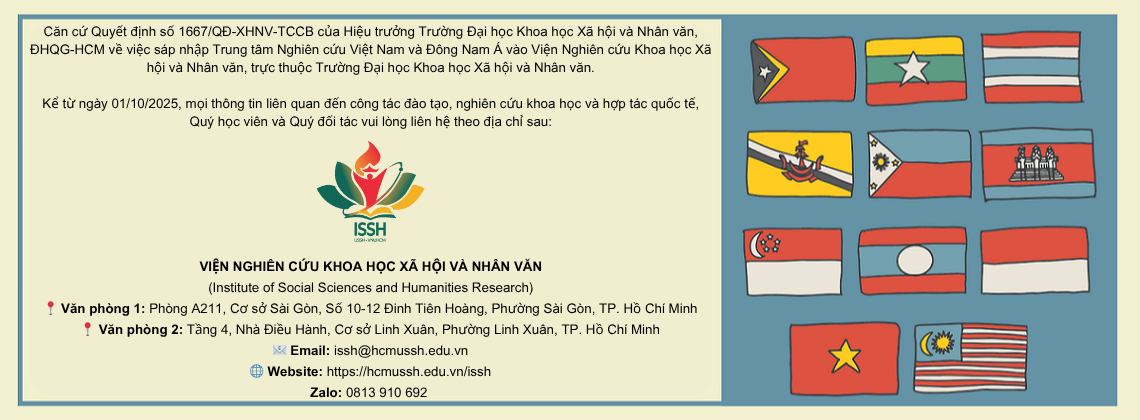DISCUSSION ON ECOLOGICAL AND SUSTAINABLE AGRICULTURE AT THE UNIVERSITY OF TOKYO
, 06/06/2024 12:06On May 9, 2024, Dr. Tran Dinh Lam had a discussion with Professor Kamoshita Akihiko at the Asian Resource and Environmental Sciences Research Center, part of the Graduate School of Agricultural and Life Sciences at the University of Tokyo. Professor Ikemoto Yukio from the Institute for Advanced Studies on Asia, University of Tokyo, also attended the seminar.
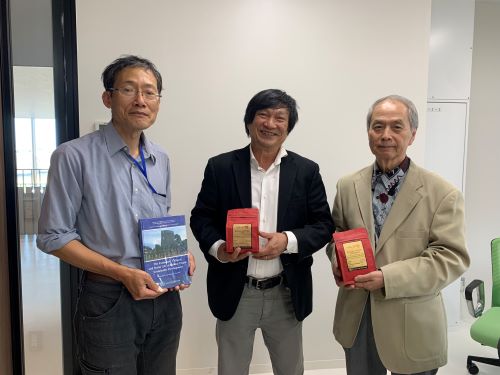
During the discussion, Professor Kamoshita Akihiko presented a training program with the Vietnam-Japan University on "Smart and Sustainable Agriculture." This program offers a valuable opportunity to enhance the future workforce in Vietnam. He also discussed research on the impact of saltwater intrusion on rice production in the Red River Delta, focusing on sustainable development. He highlighted critical issues such as future rainfall, the impact of dam construction, and deforestation. Effective natural resource management and measures to mitigate climate change risks and conserve biodiversity are essential for the sustainable use of land and biological resources. He emphasized the need for research on rice production that efficiently uses natural resources, conserves water, and maximizes the use of organic fertilizers to protect the environment.
After the discussion, Professor Kamoshita introduced the laboratories and the agricultural germplasm storage. He guided a tour of the forest area within the university campus, where many ancient trees are preserved. Some of these ancient trees have plaques with the names of donors who support education. Currently, the university owns about 32,000 hectares of forest land.

Ancient trees
Beside the forest edge are experimental paddy fields with various rice varieties, as well as numerous orchid and lotus species being cultivated experimentally. Organic fertilizers are meticulously prepared and placed next to the flower cultivation area.
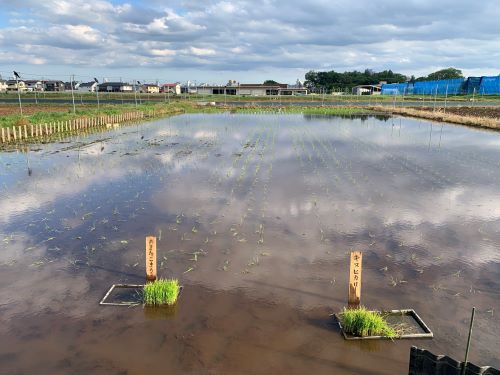
Flower cultivation area
We met students studying ecological agriculture. Although they were born and raised in Tokyo, they are very interested in learning about this field, aiming to protect the Earth and grow fruits and vegetables according to natural laws.
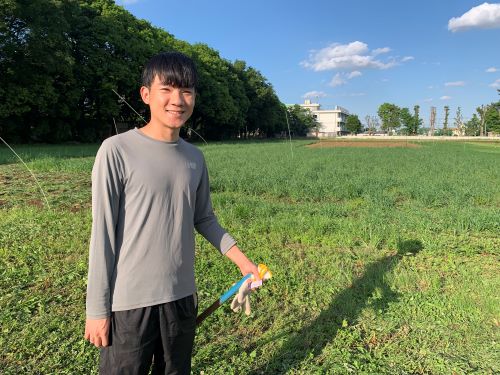
Students studying ecological agriculture
Professor Kamoshita noted that organic agriculture currently accounts for less than 1% of the total cultivated area nationwide. However, the Japanese government aims to increase this to 30% by 2050. This is a challenging goal to achieve, but the policies in place give us hope.
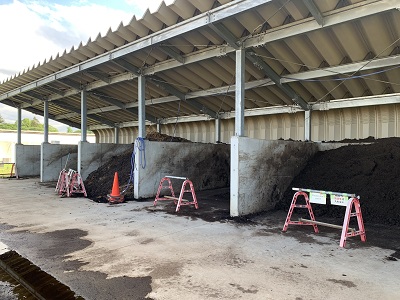
According to Professor Ikemoto, for organic agriculture to develop, the government needs to subsidize the population. State support is necessary for farmers to confidently produce quality organic products, contributing to environmental protection.

